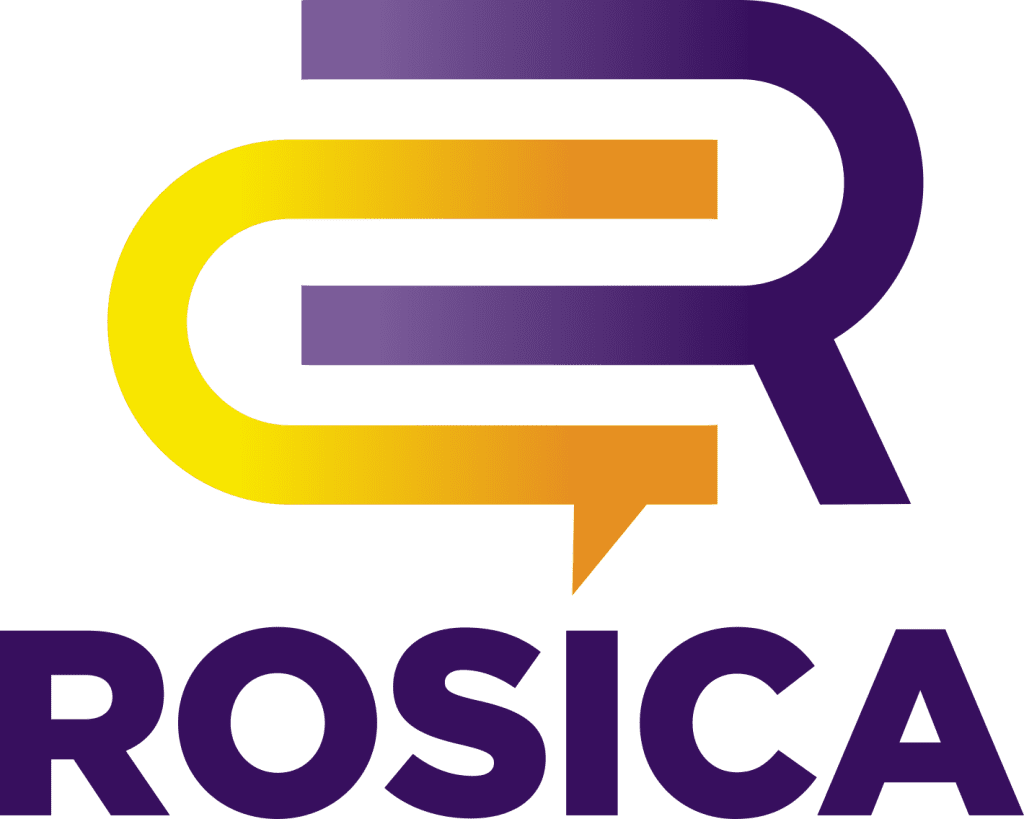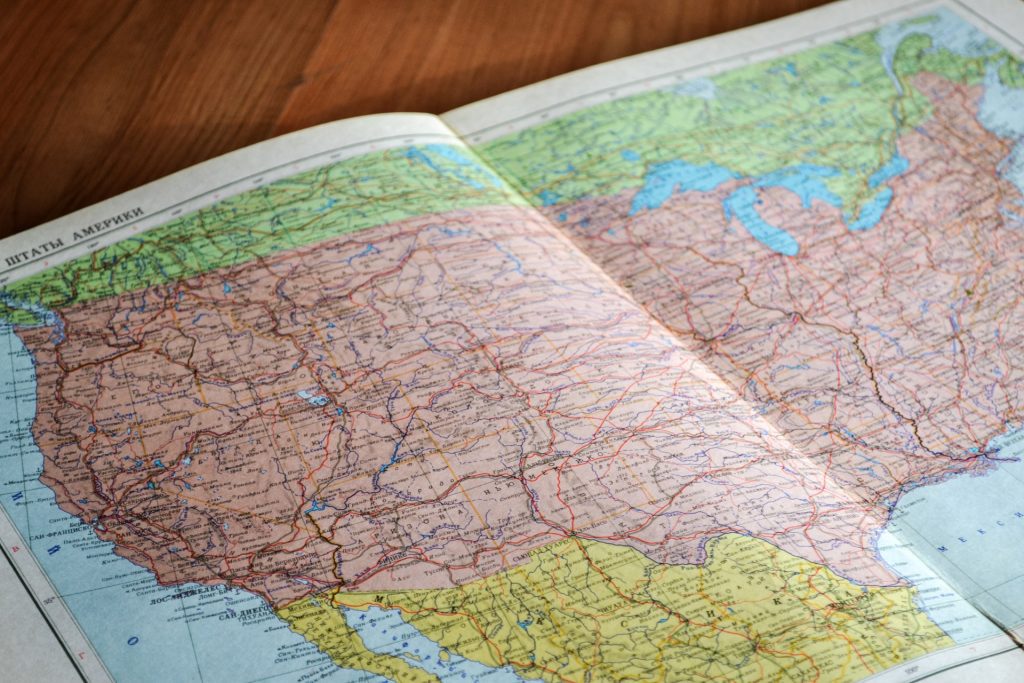This article is part of a series of writings excerpted from The Authentic Brand by Chris Rosica. Through interviews with renowned entrepreneurs, this book explores how authenticity impacts awareness, credibility, reputation, and brand perception for B2B, B2C, and nonprofit organizations. The Authentic Brand reveals best practices as they relate to cause marketing, storytelling, geo-branding, and why flying under the radar isn’t an ideal long-term strategy.
What is Geo-Branding?
To develop authentic brands and create sustainable awareness, brand loyalty, and prominence in the minds of their customers, many of the business leaders we work with closely link themselves with their hometowns or states. One of the most important aspects of brand-building for small and regional businesses who plan to build their identity nationally is to “own their region.”
Building a regional identity helps your brand’s story resonate within that area and beyond. In turn, this leads to creating the image that you are the brand in your region. This is the process that we refer to as “Geo-Branding.”
Without question, regional identity can be expanded to a national brand appeal. The local connection is powerful because the brands that originate and radiate from there are like a pebble dropped into calm waters. The rings can spread as awareness and new brand fans are created. This is achieved through such building blocks as word‑of‑mouth, improved distribution, smart, emotionally stimulating packaging, sampling, and in blogs and communities on the Internet. Moreover, grassroots public relations, through its influential third-party endorsements, delivers high-impact media exposure that can generate consumer demand, or pull-through.
The Benefits of Geo-Branding
Entrepreneurs who have practiced Geo-Branding have benefitted from the intrinsic, positive associations of a geographic locale. By owning a territory, these innovators automatically created something real—not only by connecting with real places, but also with the feelings and associations people have with those places—whether or not they’ve been there!
Here’s an example – In 1978, Ben Cohen and Jerry Greenfield started serving homemade ice cream out of a converted gas station in Burlington, Vermont. Within a very short time, by creating a homespun and amusing image, they had built the Ben & Jerry’s brand into the signature ice cream of Vermont. Soon, they “owned” the ice cream market in New England, and they later became a national phenomenon. It wasn’t just ice cream; it was a story about two guys who created stories behind every brand, from Chunky Monkey to Cherry Garcia.
When it comes to “owning a territory” there are few better examples than the case of the man who, with our help, branded a Christmas tree in Oregon, a state where Christmas trees are a signature crop! Our firm came up with a strategy and created the world’s first real “designer” Christmas tree, Oregon’s Noble Vintage trees, grown by Joe Sharp’s Yule Tree Farms in Oregon’s renowned wine country, the Willamette Valley.
Elsie Soukup wrote in Newsweek “It sounds gimmicky—and it kind of is—but it’s working. While the rest of the national evergreen industry is hurting, as people turn to artificial varieties, Oregon’s Noble Vintage sales have nearly doubled since they debuted last year, largely through word-of-mouth…. “
Prove It With Action
These companies have not only geo‑branded themselves but, as an integral component of their marketing and business plans, they’ve also become involved with local causes. When building an authentic brand, it is imperative to prove your cause with action by getting involved and adding value to your local community.
Look for more excerpts from The Authentic Brand, The Business of Cause Marketing, and The Power of B2B Social Media by Chris Rosica on our blog in the coming weeks.
Chris is president of Rosica Communications, an award-winning national PR, social media, and integrated marketing communications agency that specializes in the nonprofit, education, and healthcare sectors.

